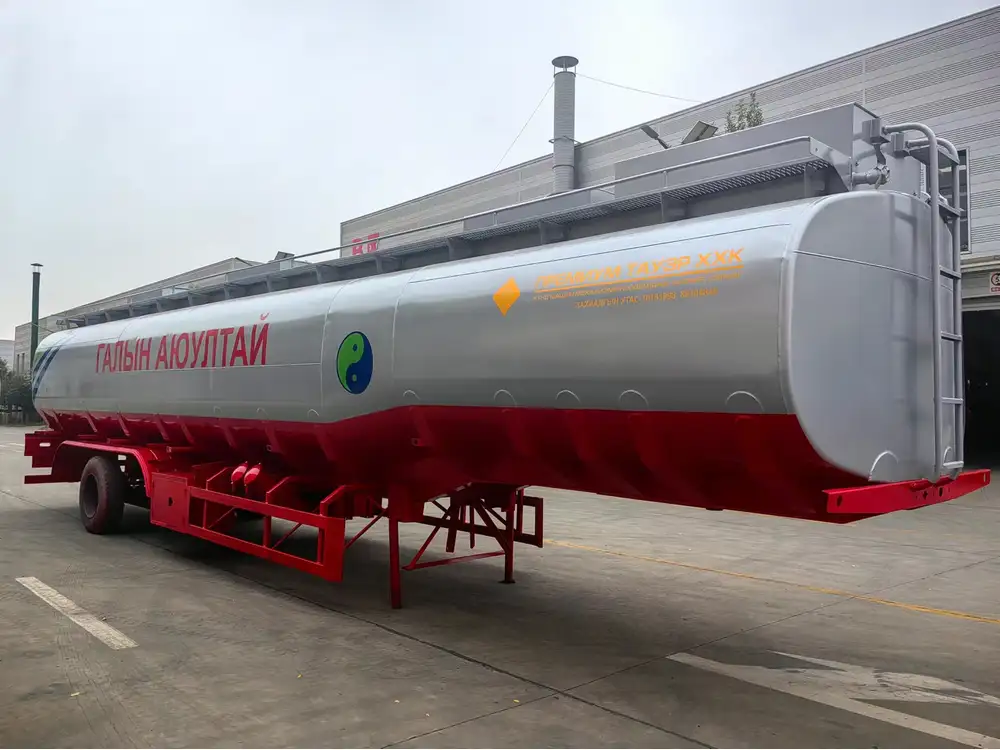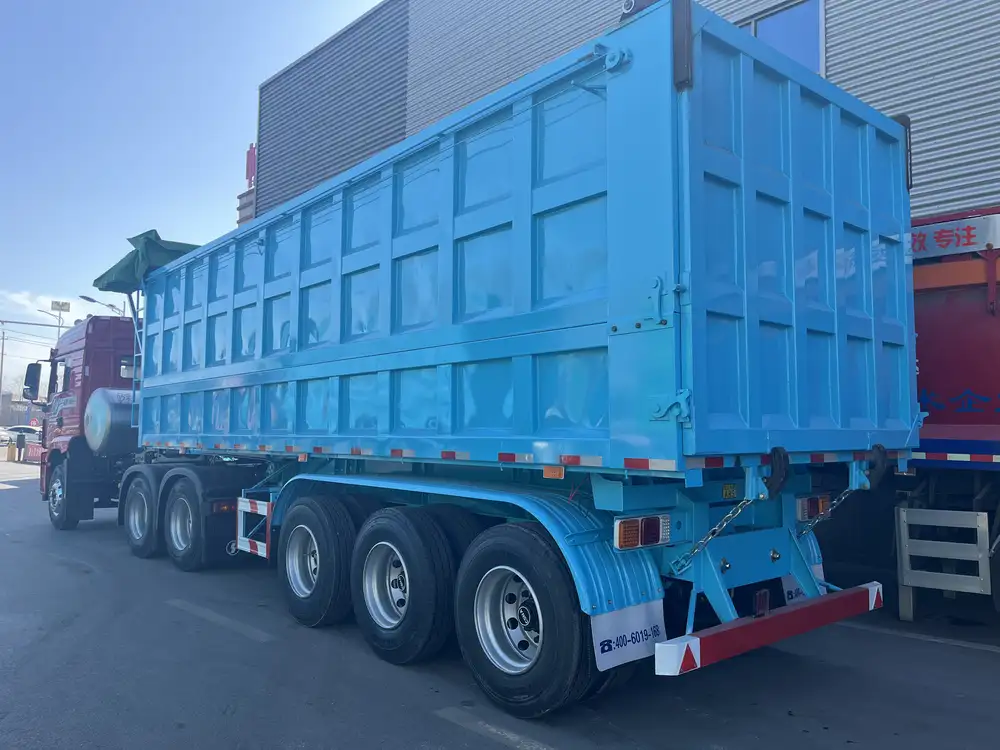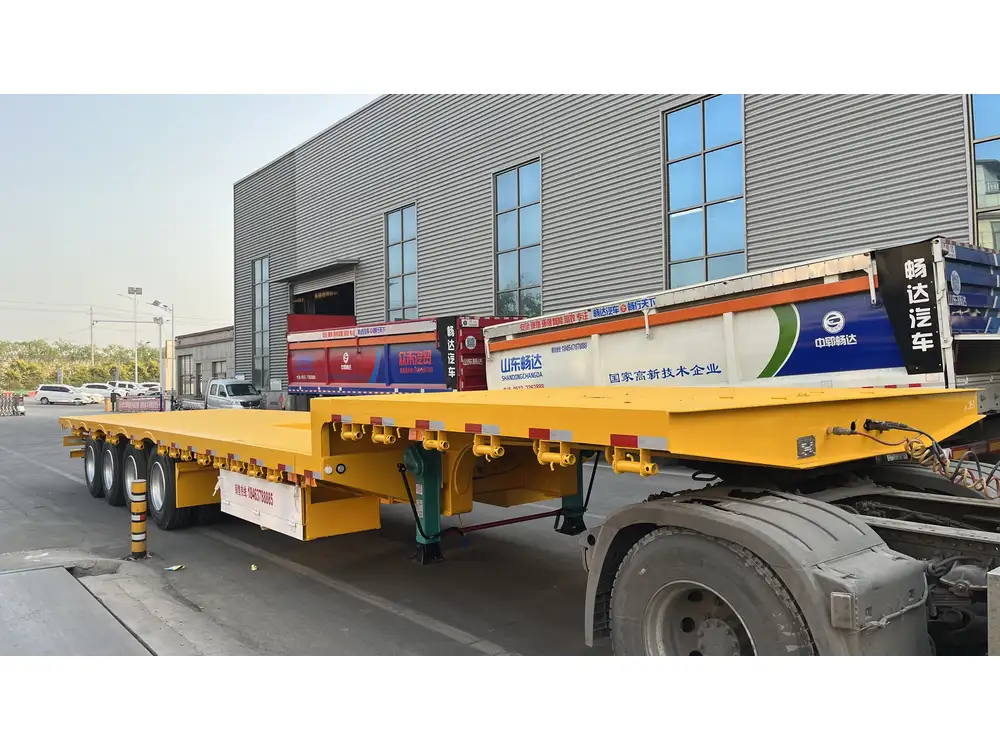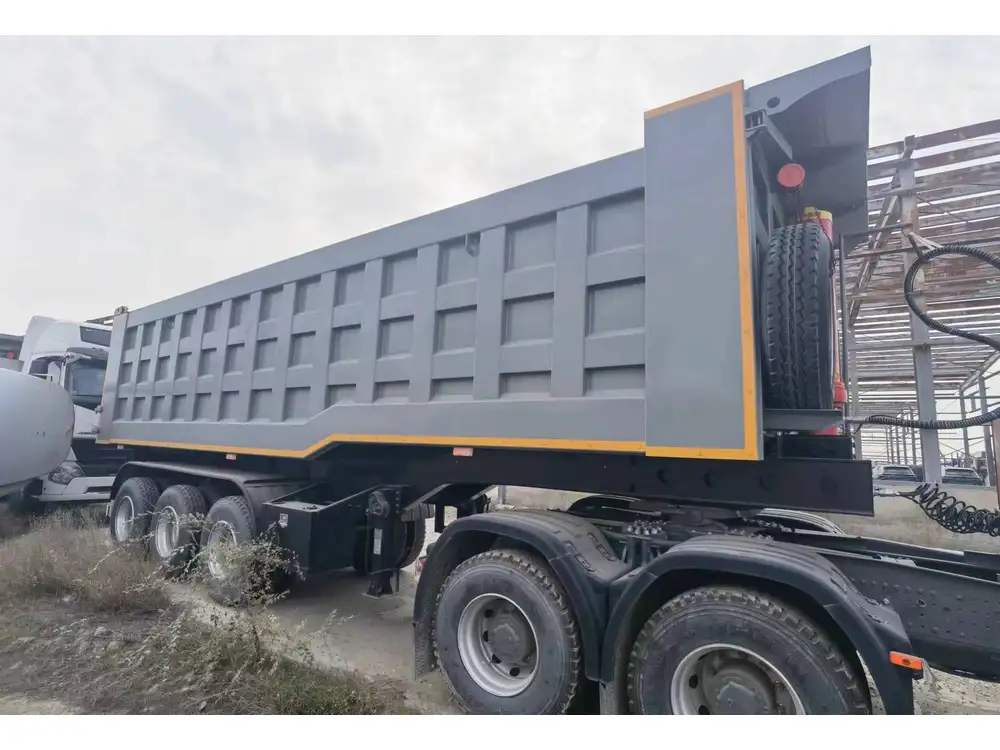When it comes to towing heavy loads, understanding the capabilities of your vehicle is paramount. Among the most popular vehicles for this task is the Ram 1500, known for its robust performance and durability. This article provides a comprehensive analysis of whether the Ram 1500 can tow a dump trailer effectively and safely, while also addressing various related aspects.
Understanding Towing Capacity
What is Towing Capacity?
Towing capacity is the maximum weight a vehicle can safely tow, determined by several factors including engine power, transmission type, axle ratio, and vehicle weight. For Ram 1500 models, this specification varies significantly based on the configured engine, whether it includes a tow package, and other customization options.

Different Ram 1500 Models and Their Capacities
| Year | Engine Options | Max Towing Capacity |
|---|---|---|
| 2023 | 3.6L V6, 5.7L V8, 3.0L Diesel | Up to 12,750 lbs |
| 2022 | 3.6L V6, 5.7L HEMI V8, 3.0L Diesel | Up to 12,750 lbs |
| 2021 | 3.0L EcoDiesel, 5.7L V8 | Up to 12,750 lbs |
| 2020 | 5.7L HEMI V8, 3.0L EcoDiesel | Up to 11,610 lbs |
To ensure accurate towing, it’s essential to verify the specific towing capacity of the model year and configuration of your Ram 1500.
Assessing Your Dump Trailer
Key Specifications of Dump Trailers
Before towing a dump trailer with your Ram 1500, understanding the specific characteristics of the trailer is crucial. Key specifications include:
- Gross Vehicle Weight Rating (GVWR): The maximum weight the trailer can carry, including its own weight. A typical dump trailer GVWR ranges from 5,000 lbs to over 14,000 lbs.
- Payload Capacity: The difference between the trailer’s GVWR and its unladen weight. Knowing how much material you plan to carry is critical.
- Hitch Type: Ensure that your Ram 1500 is equipped with the appropriate hitch (class III or IV, typically) to accommodate the dump trailer.

Calculating Total Weight
When calculating total weight, consider both the trailer and its load. Use the following formula:
[ \text{Total Weight} = \text{Trailer Weight} + \text{Payload Weight} ]For instance, if your dump trailer weighs 3,000 lbs and you plan to carry a payload of 5,000 lbs, the total weight comes to 8,000 lbs. Confirming this total is crucial to ascertain whether it falls within your Ram 1500’s towing capacity.
Towing a Dump Trailer with a Ram 1500
Safety Precautions

Pre-Towing Checklist
- Inspect the Trailer: Check brakes, lights, and hitch connections.
- Weight Distribution: Ensure weight is evenly distributed in the trailer.
- Brake Controller: If hauling over 3,000 lbs, a brake controller is recommended for efficient braking.
Driving Considerations
While towing a dump trailer, several driving factors affect safety and maneuverability:
- Braking Distance: The added weight increases stopping time. Allow for greater distances when stopping.
- Turning Radius: The trailer extends your turning radius. Make wider turns to avoid jackknifing.
- Speed Limits: Adhere to towing speed limits; generally, it’s advisable to drive 10 mph below the posted speed.
Optimal Tow Package Configuration
Most Ram 1500 models come with a tow package that enhances towing efficiency. This includes features such as:
- Heavy-duty Transmission: Upgrades the vehicle’s performance when hauling heavy loads.
- Rear Air Suspension: Helps maintain level towing for better handling.
- Integrated Trailer Brake Controller: Syncs with your vehicle’s braking system for more effective stopping power.

Legal and Regulatory Considerations
Towing Regulations
Each state has specific regulations regarding towing capacities, trailer lighting, and brake systems. Familiarize yourself with these laws to avoid penalties. Some important regulations to check include:
- Weight Limits: Ensure the combined weight does not exceed state-specific limits.
- Lighting Requirements: Trailers often require specific lighting systems for visibility.
- Driver License Class: Some jurisdictions require a higher class of driver’s license for towing heavier trailers.
Insurance and Liability
Before towing, ensure that your insurance covers trailer towing. Many standard vehicle policies may need extra endorsements or additions for trailers, particularly heavy-duty models.

Common Challenges and Solutions
Overloading the Trailer
One of the most frequent issues faced when towing a dump trailer is exceeding the weight limits. Signs of an overloaded trailer include:
- Swaying or fishtailing: Indicates instability while towing, a significant risk factor.
- Tire Blowouts: Frequent tire failures can result from too much weight.
Trailer Braking Issues
Achieving effective braking when towing is pivotal. To mitigate trailer braking issues, consider these tips:
- Install a Brake Controller: This enhances braking effectiveness by ensuring that the trailer’s brakes engage simultaneously with the truck’s.
- Check Brake Pads and Fluid Regularly: Maintain optimal braking performance.

Fuel Efficiency
Towing can significantly impact fuel efficiency, requiring more frequent refueling. To maximize distance:
- Maintain Steady Speeds: Use cruise control when possible.
- Avoid Unnecessary Weight: Remove items that aren’t needed for the journey.
Enhancing Your Towing Experience
Towing Accessories
Enhancements can improve your towing experience and capabilities. Consider investing in:
- Weight Distribution Hitches (WDH): These distribute weight evenly across the towing vehicle’s axle.
- Sway Control Bars: Helps reduce trailer sway, enhancing stability.
- Rear View Cameras: Assists in maneuvering, providing greater visibility of the trailer.

Regular Maintenance
Keeping your Ram 1500 in top condition is essential for safe towing. Regular maintenance checks should include:
- Engine Performance: Ensure optimal power delivery for towing.
- Tire Condition: Proper air pressure and tread depth for better traction.
- Transmission Fluid Levels: Keeping fluid levels within recommended ranges can improve performance and longevity under load.
Conclusion
In summary, the Ram 1500 is indeed capable of towing a dump trailer effectively provided that the weight of the trailer and its load does not surpass the vehicle’s authorized towing capacity. Factors like safety precautions, legal regulations, and optimal configurations play crucial roles in achieving a successful towing experience.
Remember that each towing situation is unique; thus, performing diligent checks, understanding your vehicle specs, and preparing appropriately will pave the way for a safe journey. As always, prioritize safety, adhere to legal requirements, and equip your vehicle with the necessary accessories to ensure that your towing experience is both efficient and enjoyable.



